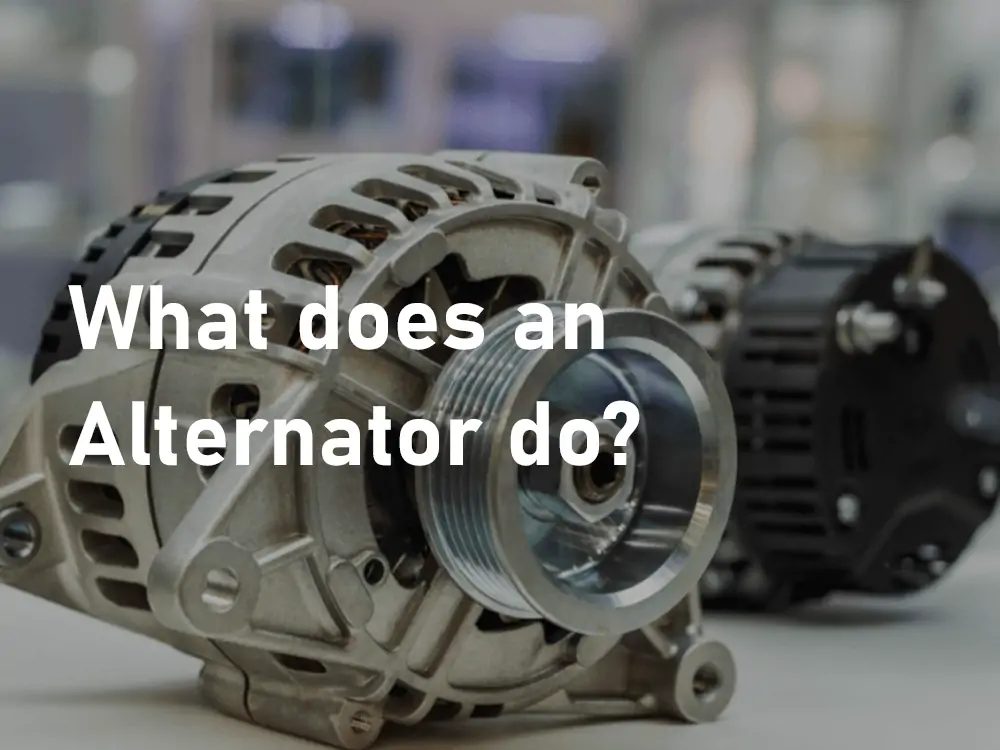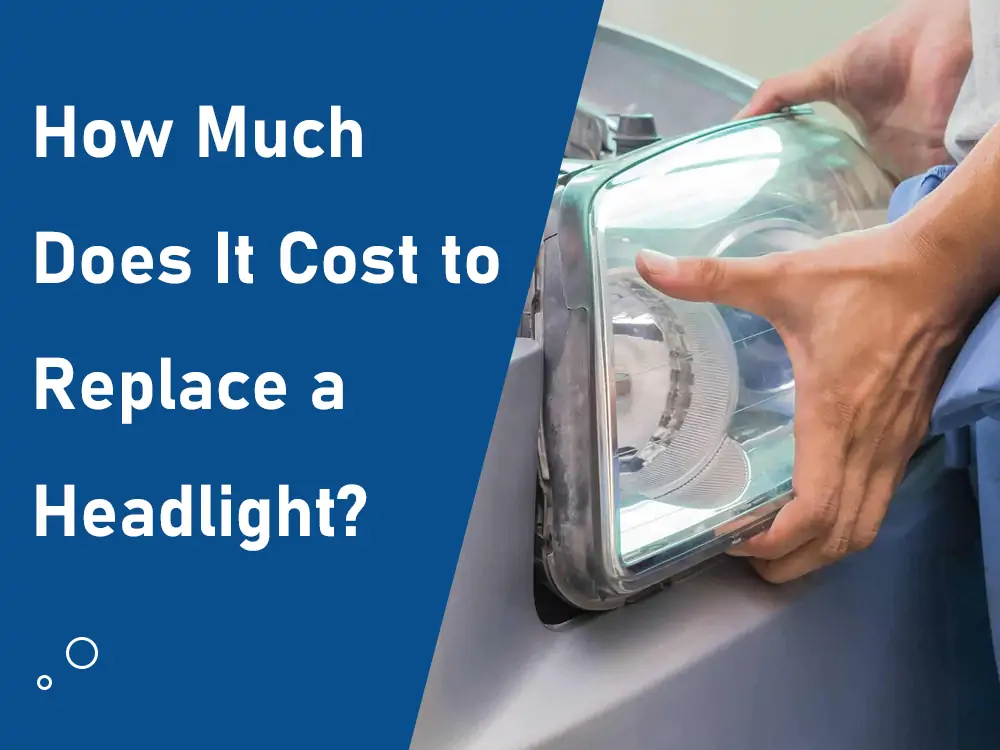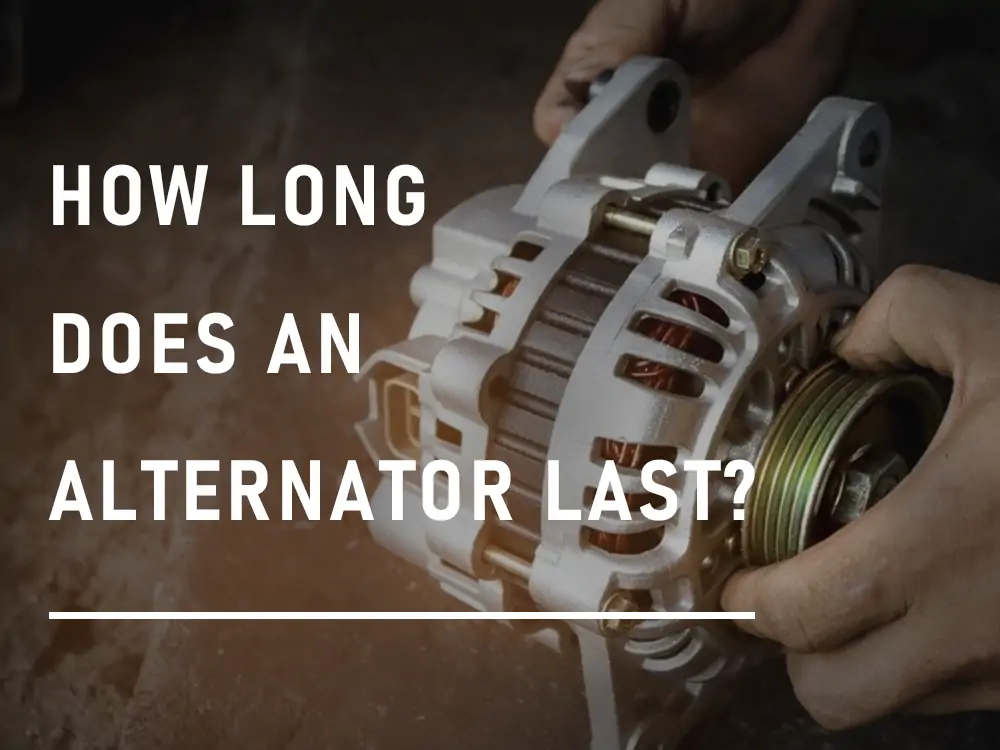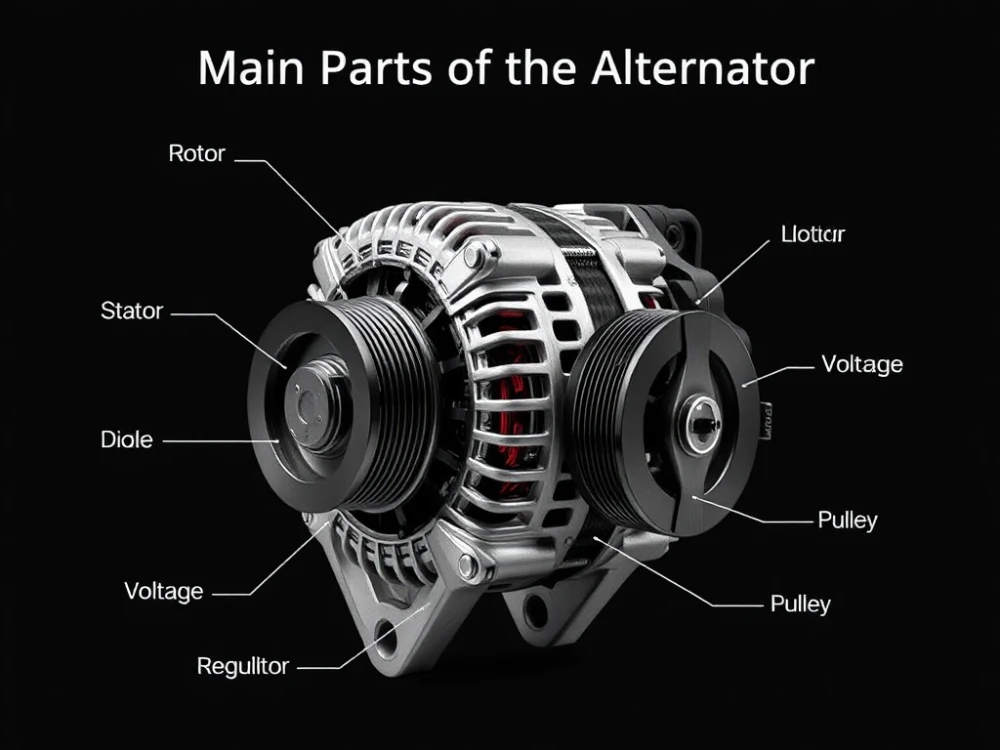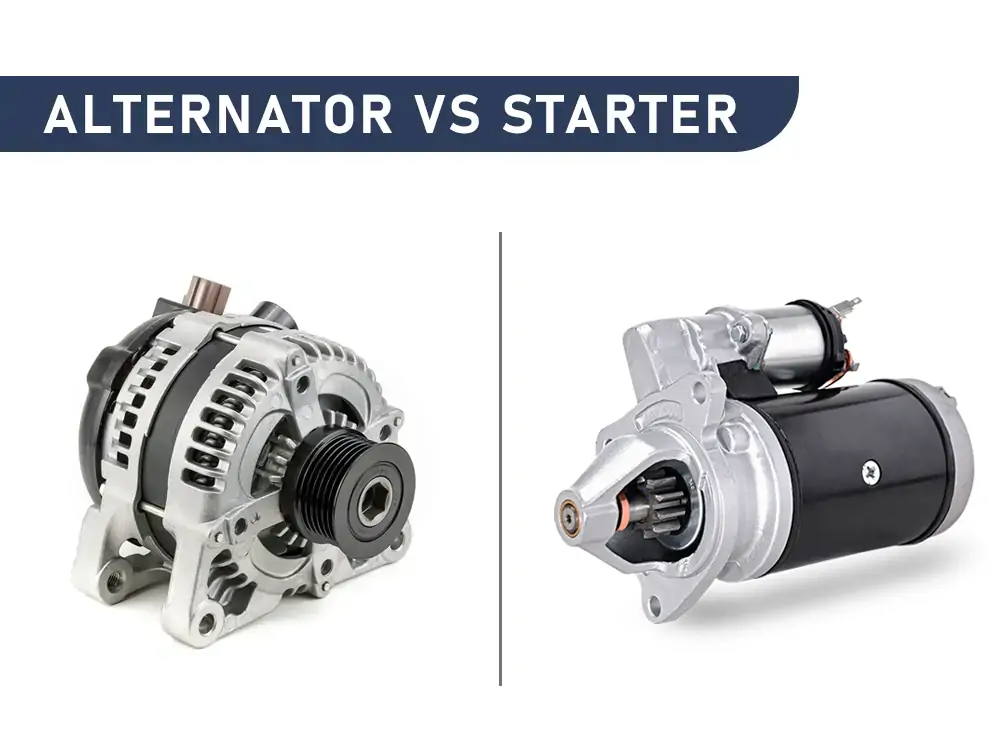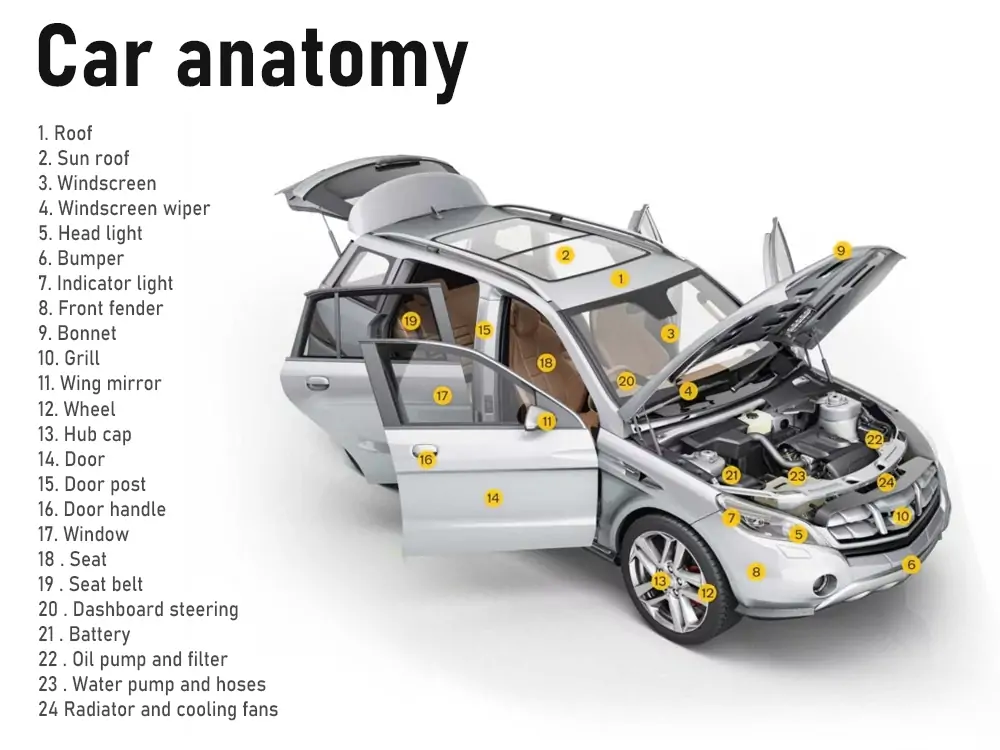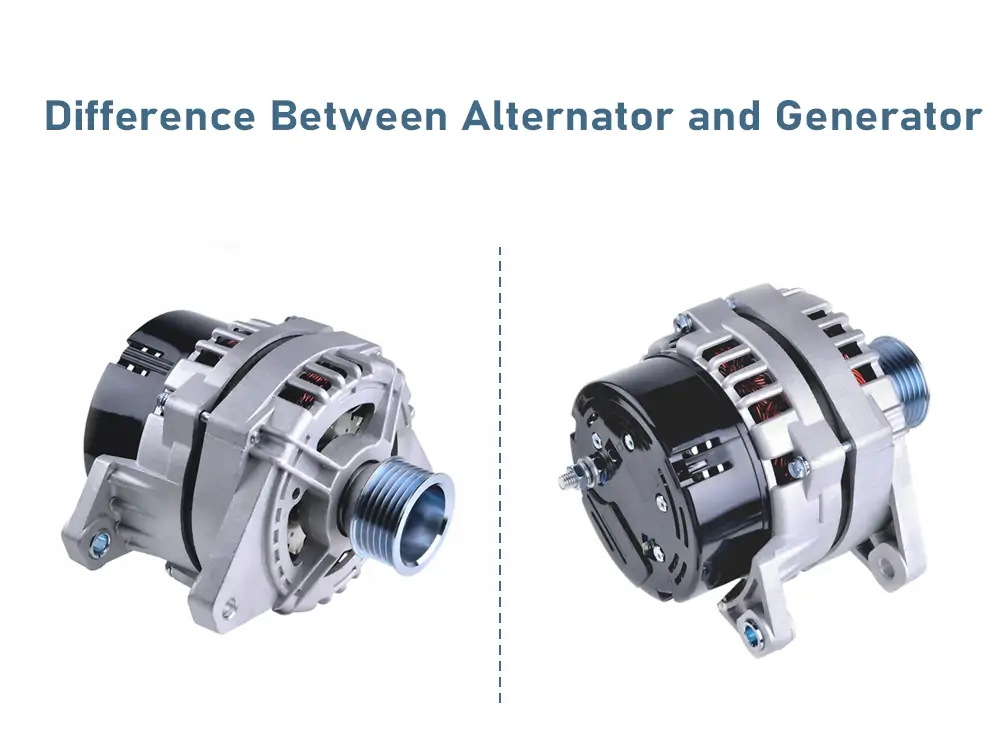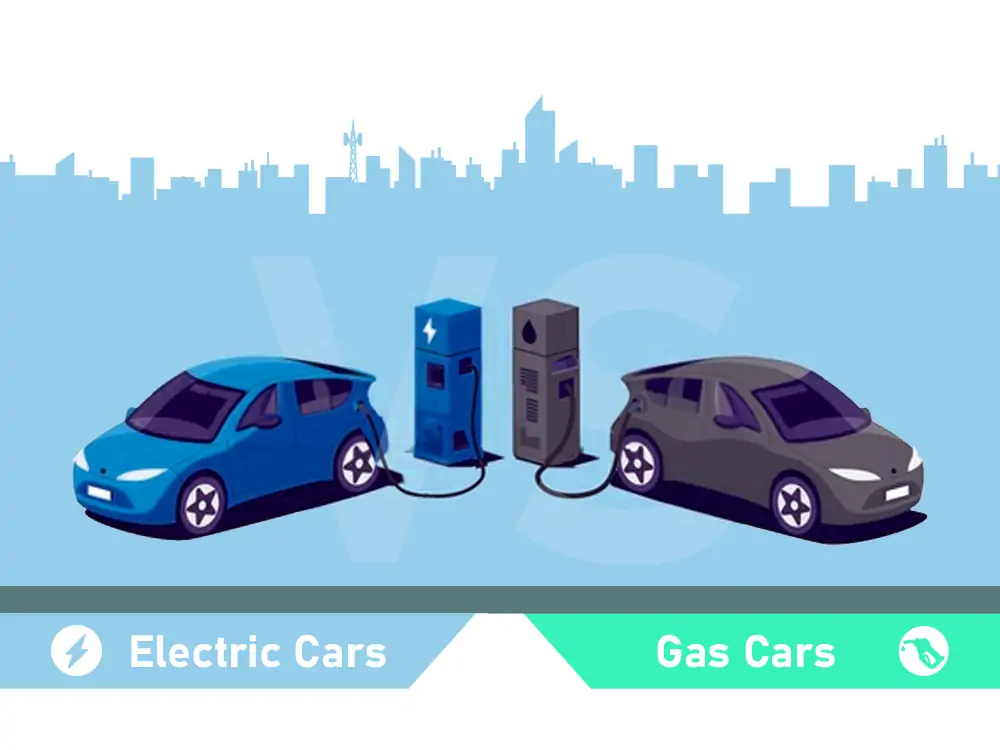In modern cars, the alternator is a vital component responsible for converting the engine’s mechanical energy into electrical energy. It not only charges the car’s battery, but also provides the power needed for all electrical devices, including lights, audio and air conditioning.
This comprehensive guide examines the factors influencing repair expenses, from simple bulb replacements to complete assembly overhauls. Whether choosing DIY solutions or professional services, car owners should consider their vehicle’s specific requirements, parts availability, and labor costs.
Introduction If a person wants to know how long an alternator lasts, he should gather some information about the Alternator itself. Electrical current is generated in a car with the help of an alternator. As soon as the engine starts, mechanical energy is converted into electrical energy. This energy is provided to the different parts…
Introduction Thanks to various components, your starter motor works as intended. Among these components are carbon brushes, which are part of the electrical generation system. With each turn of the key, these brushes contact the armature, allowing the transfer of current. However, your carbon brushes may not always function as they should. They are also…
The main components of a generator include the rotor, stator, rectifier, regulator and bearings. These components work together to ensure that the generator operates efficiently and provides electricity to the vehicle.
OEM (Original Equipment Manufacturer) parts are produced by the same company that made the original parts for a vehicle, ensuring a perfect fit and compatibility. Aftermarket parts, on the other hand, are made by third-party manufacturers and often provide more variety at lower costs, though they may vary in quality. Understanding the differences between these options helps car owners make informed decisions about repairs and replacements based on their budget, vehicle needs, and personal preferences.
The alternator and starter play crucial but distinct roles in your vehicle’s operation. The alternator converts mechanical energy into electrical power, while the starter initiates engine function. If your car won’t start, understanding the difference between these components can help you troubleshoot the issue effectively.
Understanding the various parts of a car is important for car owners and drivers because these components work together to ensure the proper operation and safe performance of the vehicle. Familiarity with these parts and their functions will help you better maintain your vehicle and ensure its long-term reliable operation.
The difference between an AC generator and a generator lies in the way and efficiency of how they generate electric current. An AC generator generates alternating current (AC) exclusively, while a generator can generate both AC and direct current (DC). Since an AC generator generates current through induction, its energy conversion efficiency is higher and it can more effectively convert mechanical energy into electrical energy, so it excels in energy conservation. This article will explore in detail the working principles, efficiency differences, and application scenarios of these two devices to help readers better understand their advantages and disadvantages and scope of application.
While gas-powered cars have advantages in terms of refueling speed and range, electric cars tend to have lower overall cost of ownership, making them a more attractive option for many drivers. So how do I choose?

